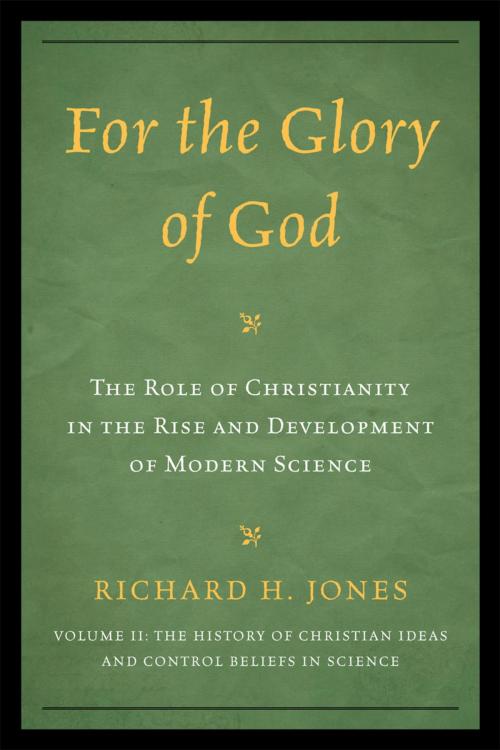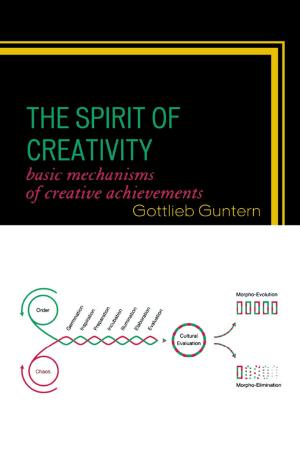For the Glory of God
The Role of Christianity in the Rise and Development of Modern Science, The History of Christian Ideas and Control Beliefs in Science
Nonfiction, Religion & Spirituality, Philosophy, Religious| Author: | Richard H. Jones | ISBN: | 9780761858591 |
| Publisher: | UPA | Publication: | June 7, 2012 |
| Imprint: | UPA | Language: | English |
| Author: | Richard H. Jones |
| ISBN: | 9780761858591 |
| Publisher: | UPA |
| Publication: | June 7, 2012 |
| Imprint: | UPA |
| Language: | English |
For the Glory of God addresses key questions regarding the connection between religion and science. Richard H. Jones investigates whether ideas from the Bible and Christian theology have played a significant role in the development of modern scientific theories. If so, has the role always been positive or negative? In this regard, does religion have the epistemic right to control science or to offer an alternative “Christian” science to mainstream science? Is creationism or intelligent design a “science” on the same footing with neo-Darwinism? Is the integrity of science today in danger of religious control? In this volume, Jones provides an illuminating history of the role of Christian ideas in the physical and biological sciences from the Middle Ages to today. He reveals the failure of the popular “war” and “harmony” models for the relation of religion and science and shows that a “control” model does work to explain the complex history of religion and science.
For the Glory of God addresses key questions regarding the connection between religion and science. Richard H. Jones investigates whether ideas from the Bible and Christian theology have played a significant role in the development of modern scientific theories. If so, has the role always been positive or negative? In this regard, does religion have the epistemic right to control science or to offer an alternative “Christian” science to mainstream science? Is creationism or intelligent design a “science” on the same footing with neo-Darwinism? Is the integrity of science today in danger of religious control? In this volume, Jones provides an illuminating history of the role of Christian ideas in the physical and biological sciences from the Middle Ages to today. He reveals the failure of the popular “war” and “harmony” models for the relation of religion and science and shows that a “control” model does work to explain the complex history of religion and science.















